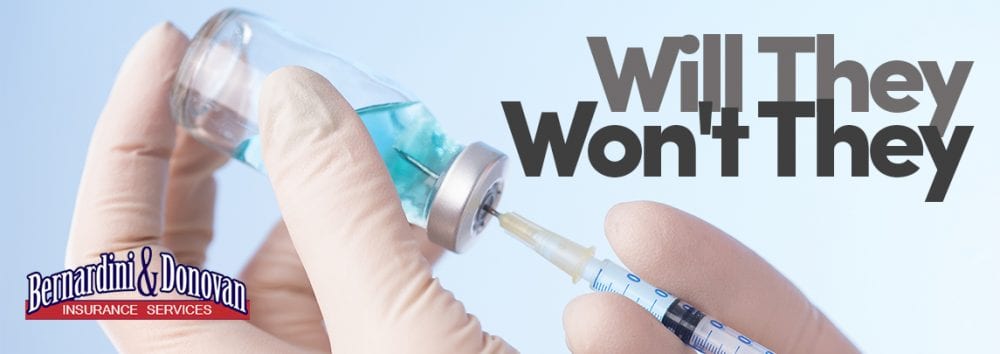Breast Cancer Awareness Month
October is Breast Cancer Awareness Month! And out of all of the monthly awareness programs, this one might be one of the most well known in this area. Redlands has held an annual Believe Walk that runs throughout Downtown Redlands that many citizens have participated in. “The purpose of the Stater Bros. Charities & Inland Women Fighting Cancer Believe Walk is to raise critical funds that support cancer-fighting organizations in this region. Through the generosity of sponsors and donors; the Believe Walk will directly impact lives, by providing funds to improve cancer care and support services for cancer patients and their families in the Inland Empire communities of Southern California.”
The Believe Walk will take place on Sunday, October 7th and will start at 8 am! If you are interested in participating, volunteering or donating, please feel free to visit their website at – believeinlandempire.com
Breast Cancer Check-Up
The purpose of this month is to spread awareness of how early detection of breast cancer can save lives. This early awareness can be achieved through self-inspection as well as mammograms. A mammogram is a type of x-ray that allows the tissue in the breast to be examined for any form of cancer that could be there. It is recommended that women over the age of 40 on an annual basis. A mammogram has the potential to show changes in the breast two years before those changes should occur. And equally important is the self-examination which can take place at any time and should be done on a regular basis on women regardless of their age. It is through regular self-examination that many cases of breast cancer are found. Being aware of your own body and any changes that it may be going through is vital to tracking your health. Please be especially aware if anyone in your family has been diagnosed with breast cancer and be checking yourself on a monthly basis.
If you are in need of insurance to cover your annual breast cancer check-up, please speak to us. We can help you find health insurance that fits your needs and your price point. We hope to help everyone find health insurance that they love especially as open enrollment is soon to open.











